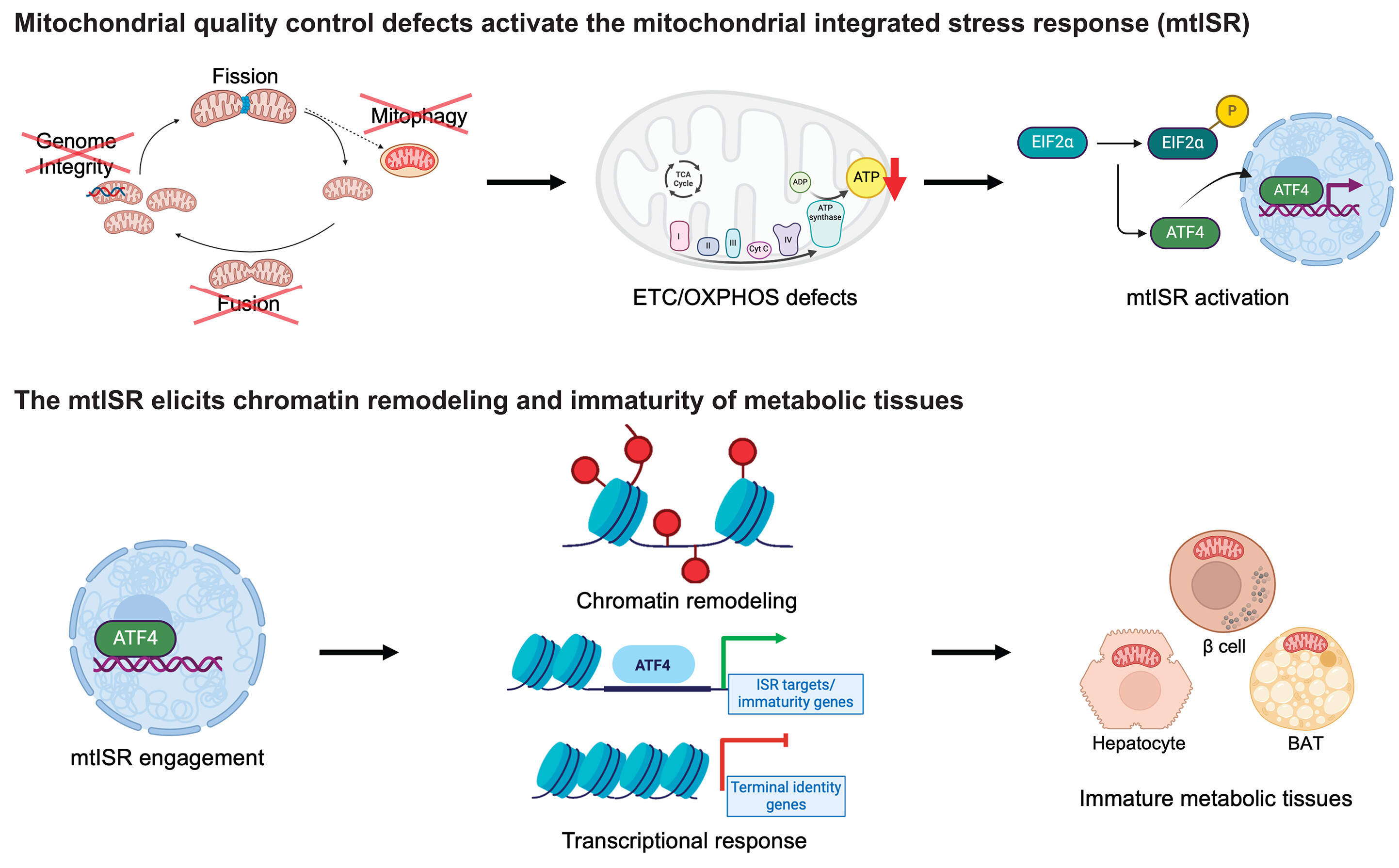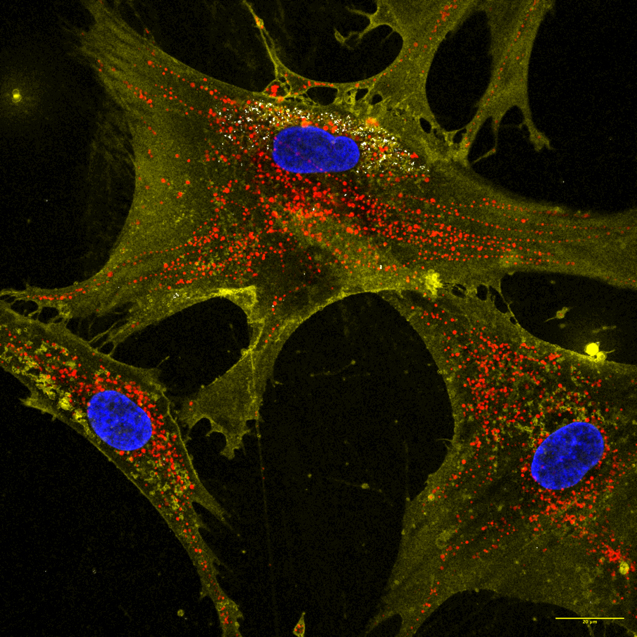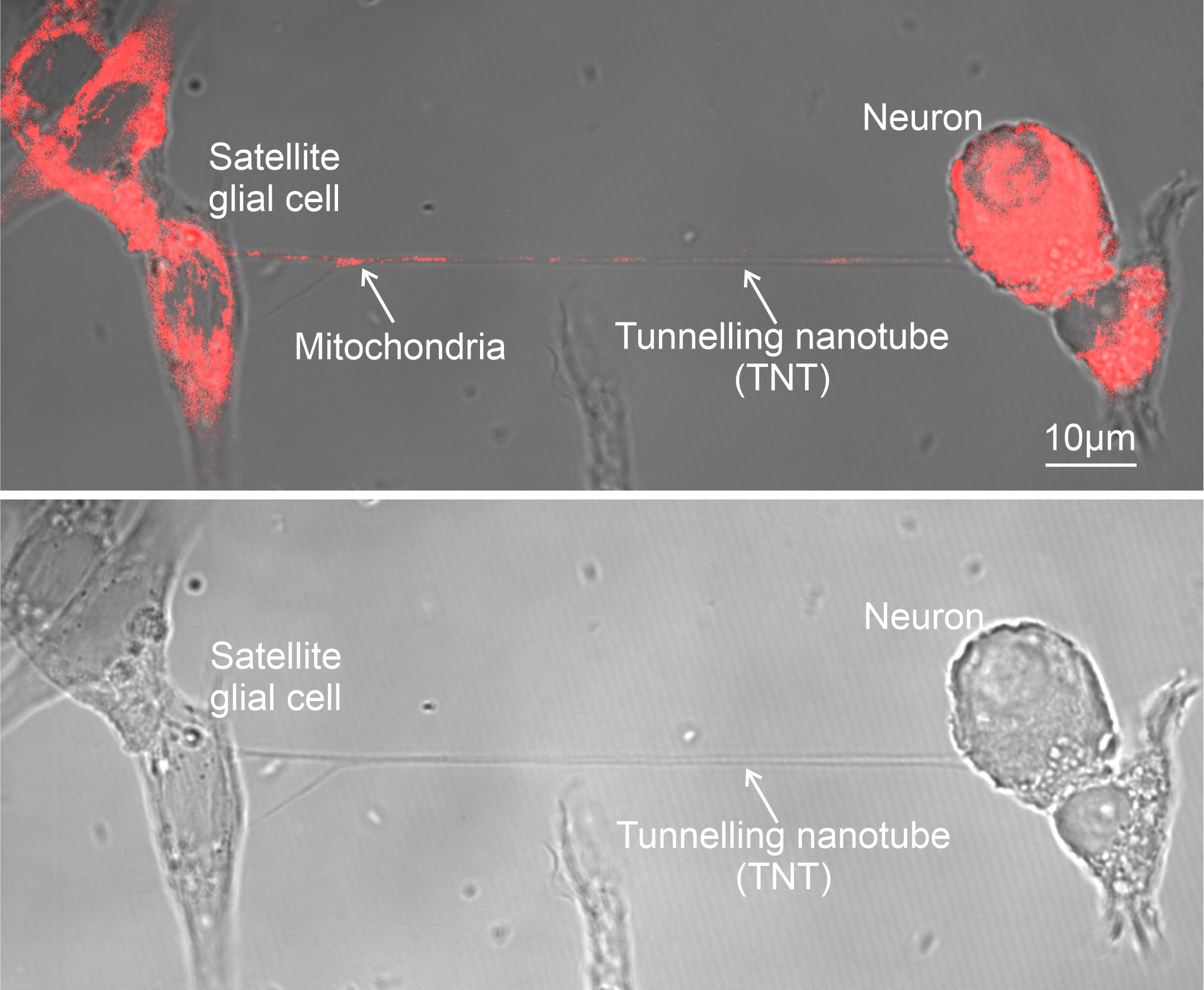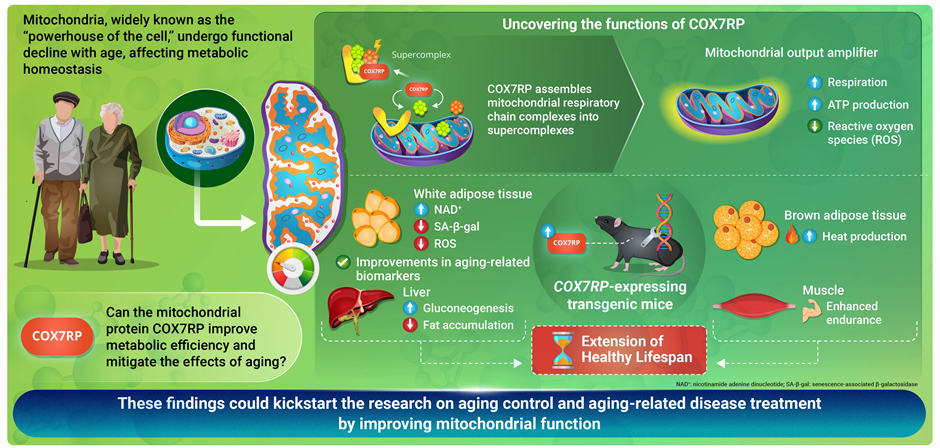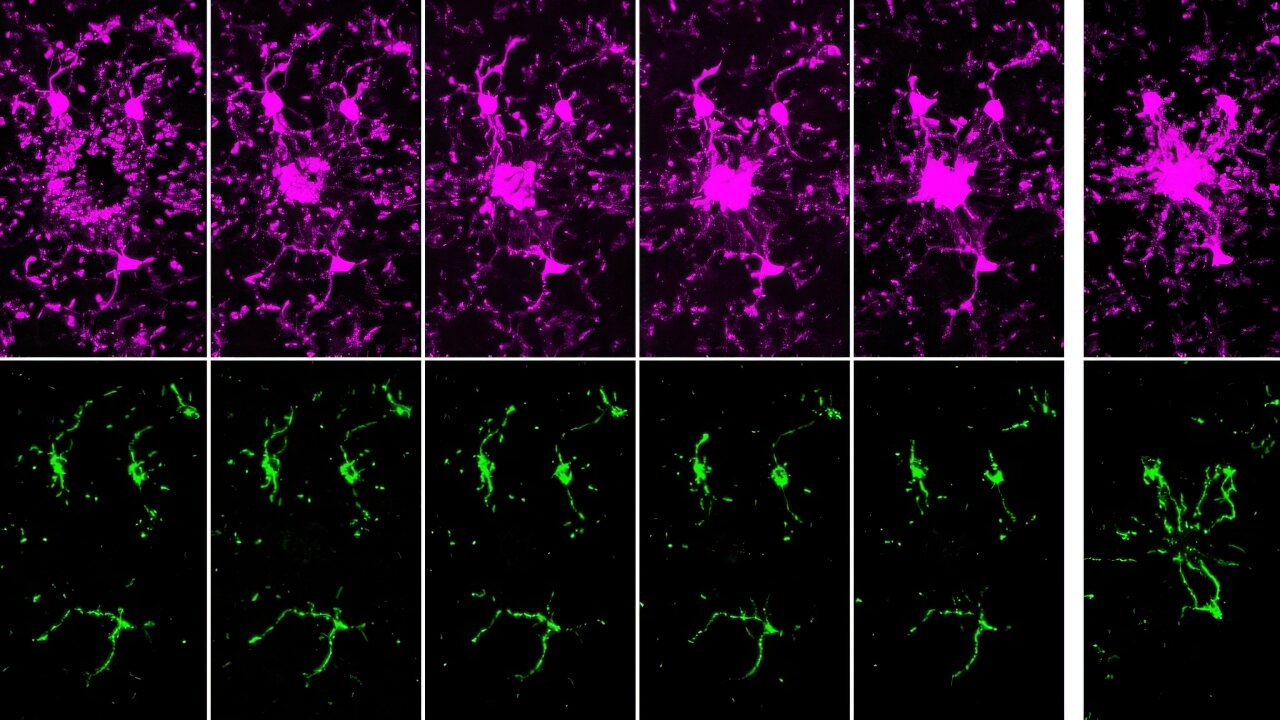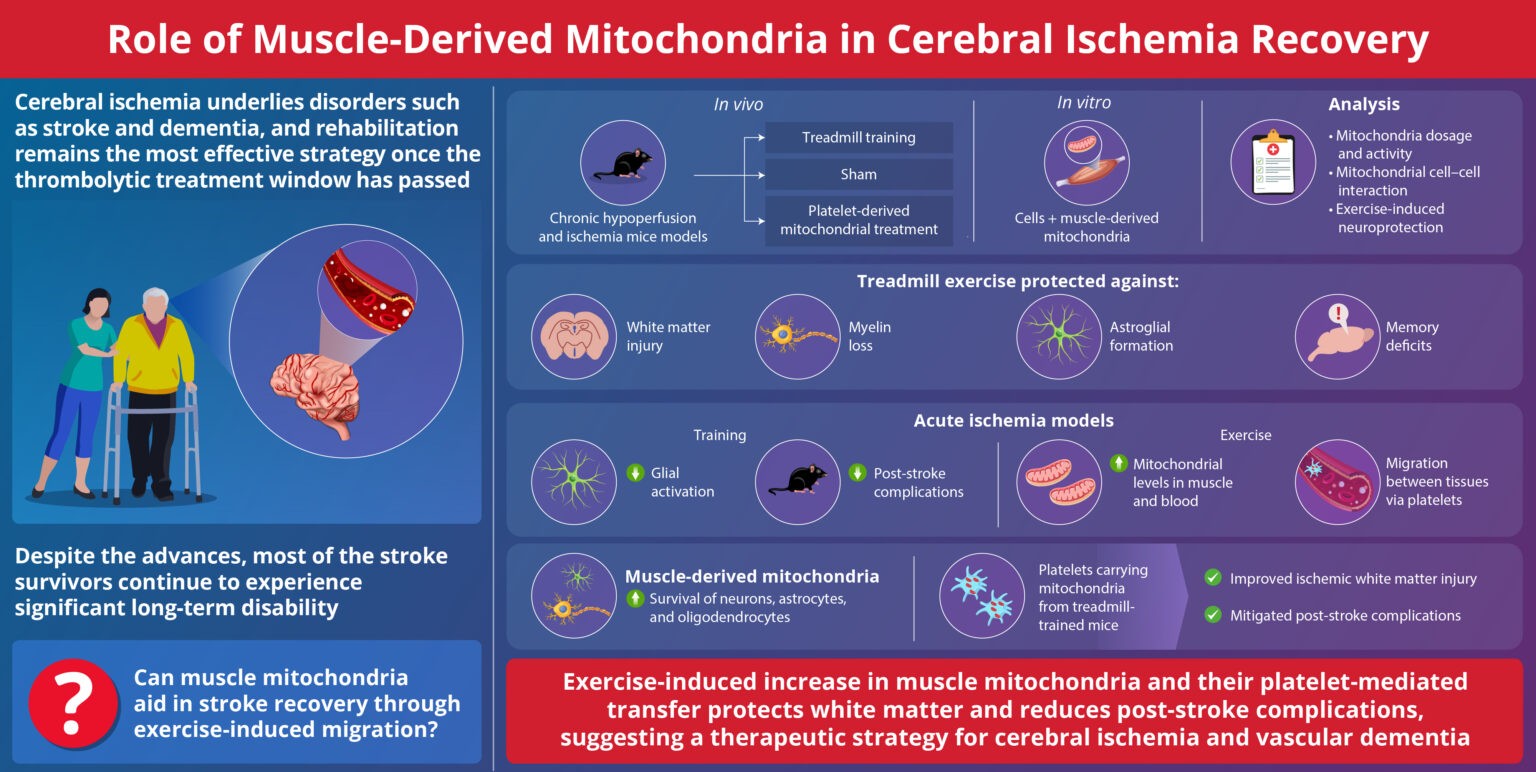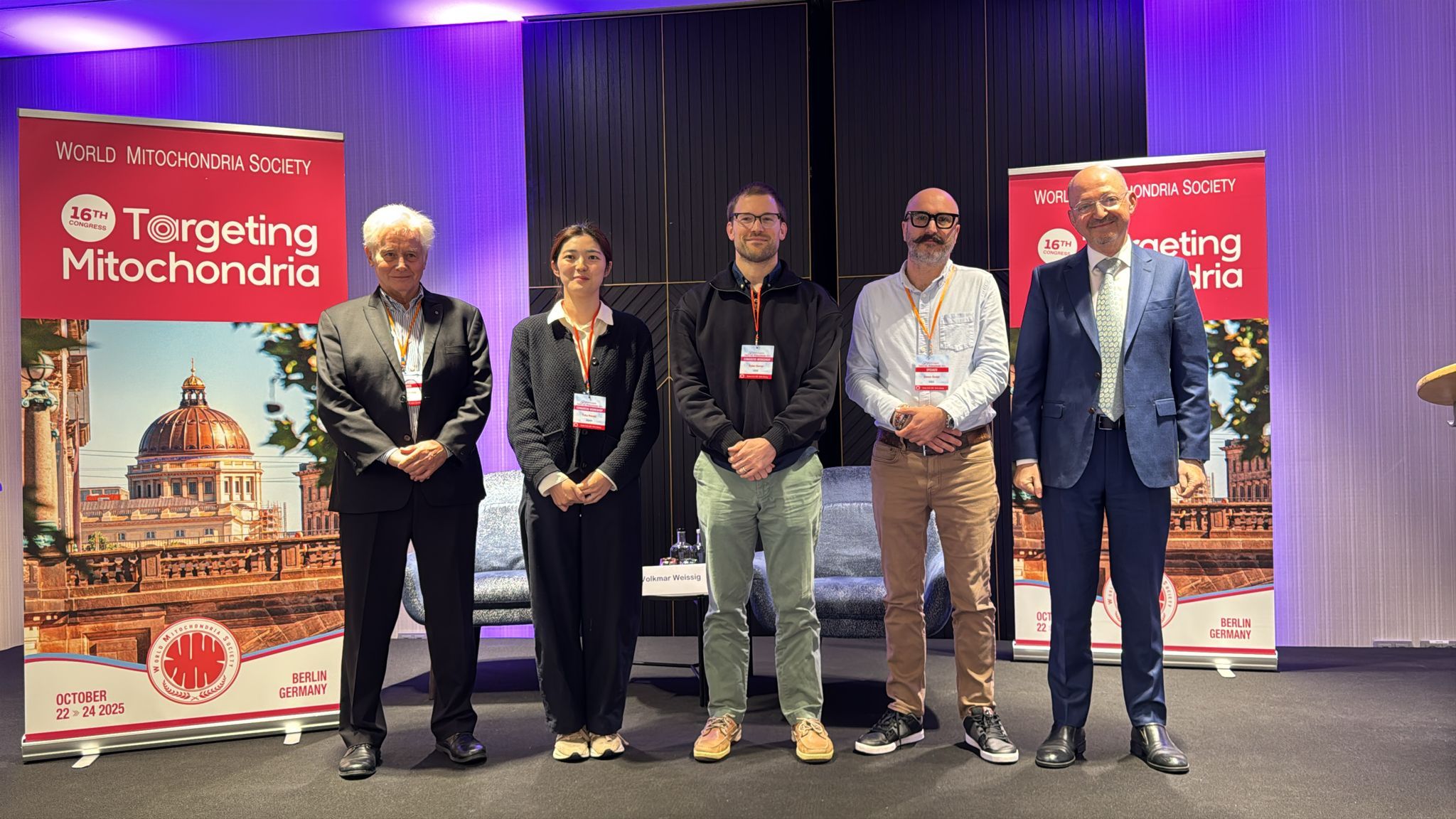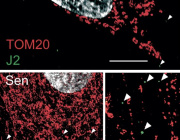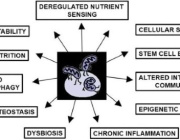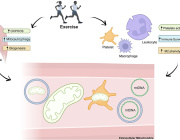Revolutionizing Cancer Treatment: Enhancing Immune Response through Mitochondrial Manipulation

In a study published in Science, researchers led by Kailash Chandra Mangalhara and Gerald S. Shadel explored a groundbreaking approach to boosting the body's immune response against cancer by tweaking how mitochondria in cancer cells handle energy. They focused on a part of the cell's power plant called the mitochondrial electron transport chain (ETC), which is crucial for powering immune cells to fight off invaders. By adjusting the flow of electrons within the mitochondria of cancer cells, specifically through a segment known as complex I, the team found a way to increase the levels of a molecule called succinate. This, in turn, activated important immune system genes in the cancer cells, making them more visible and vulnerable to attack by the body's T cells.
This discovery is significant because it sidesteps the need for interferon-gamma, a common but sometimes problematic component in cancer immunotherapy. Instead, the method relies on a more direct modulation of cancer cell properties to stimulate an immune attack. Specifically, by altering a regulatory protein within the mitochondria, the researchers could enhance the immune system's ability to detect and destroy melanoma cells without adversely affecting noncancerous cells. This strategy opens new avenues for treating cancers that have become adept at evading the immune system, potentially offering a more targeted and less side-effect-prone therapy option.
© News Copyright: World Mitochondria Society (WMS)









